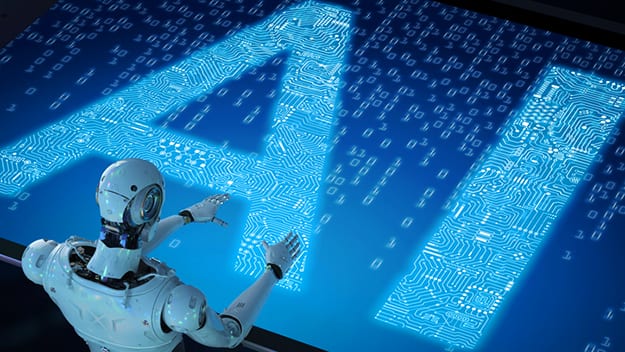The Positive Effect of AI On The Job Market

The Positive Effect of AI on the Job Market
Popular media keeps announcing the effect of artificial intelligence (AI) on the job market will be negative. Others are even warning us about the end of civilization due to smart machines.
Still, insightful businesses have been applying AI and machine learning to create new opportunities for years. Will the future be even brighter?
Jobs Lost, Opportunity Created
AI has already impacted jobs that require repetitive and/or computational tasks, such as cashiers, call center agents, factory workers, financial experts and even news outlet writers. It’s not too far away that drivers, health care workers and accountants may largely be replaced by AI driven software.
If we think about it, with AI equipped robots, nearly any human task might be accomplished by machines. So what will happen to us humans? Will we end up just twiddling our thumbs?
Created By Tech & Must Be Served By Tech
In the past, when brands wanted to know more about markets and consumers, they had to send out questionnaires, do phone interviews or assemble focus groups. Now, since a large part of customer interaction occurs online, touch-point data can be collected and analyzed by computers.
Organizations such as Change.org, for example, have 1.5 million automated experiments running on their site at any time. This lets them tweak their apps to make users happy and loyal. Technology, therefore, creates the demand and supplies the resources to meet the demand. We would never have seen this level of manual customer feedback research, no matter how big the brand.
New Frontiers
The most likely outcome of AI is that an entire new realm of businesses will continue to appear — many we can’t even imagine yet. Think about how the auto industry transformed the world by spawning many new sub-industries.
Hypothesis must be fed into computers, by people, for the machines to reach a conclusion. Healthcare is a good example. Diagnosing and treating medical illness could possibly be taken over by machines. Robots may even perform complex surgical procedures. However, using data to discover cures for diseases would be difficult for machines to accomplish. Instead, humans would need to guide the machines to do the work.
New Industry Needs
There are many areas that will still rely on humans for quite some time. In fact, according to the World Economic Forum, AI is predicted to create 58 million new jobs by 2022. Many of these will be positions in:
- Big data
- Internet of Things (IoT)
- Cloud Computing
- Cybersecurity
- Data science
- Data analysis
- Software development
- Social media specialization
For future looking brands, these are key areas to consider for new hires or re-training.
Seeking the best tech talent to future-proof your company? Or are you a tech professional looking for a great place to work? Contact us or call us at 804-380-5388.